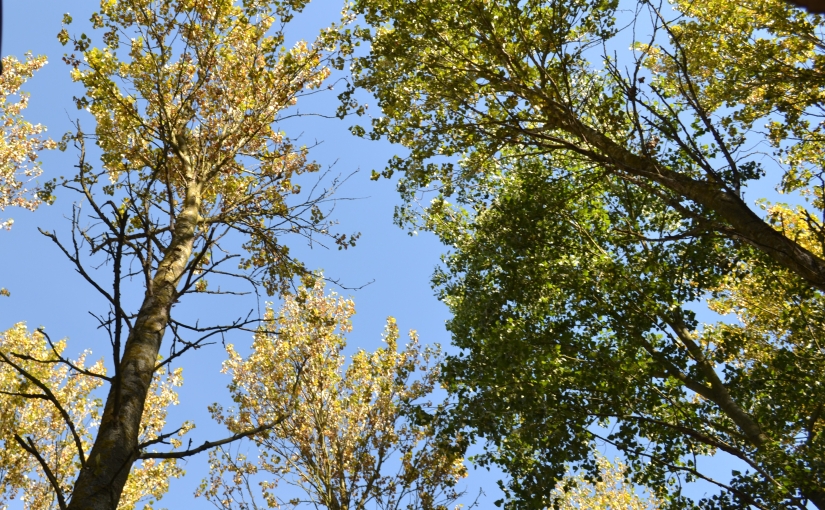I have experienced meltdowns for about as long as I can remember, such is the joy of the autistic human! To the outside onlooker it might look like I am upset as I usually cry, or agitated as might rock, or pace, or just be being obstinate or aloof as I don’t talk. So I thought I would try to explain what I feel on the inside.
It usually starts with a sense of disconnection, feeling that, even if I am surrounded by people, I am utterly alone. I know this feeling is common for lots of people, if not everyone, but that for me is the start. This can be triggered by, well, pretty much everything. I am also hypersensory, which pretty much does what it says on the packaging – noises, textures, visuals, smells, even tastes, can all create this feeling of disconnect for me. The world can be a scary place. Once I lost two hours of my day because someone brushed past me in the street, whilst I was wearing my new coat (only been hanging in the wardrobe for two years at this point, things need to acclimatise!) and as I had not fully pondered the new fabric (it was in the wardrobe doing the visual, not on my arms doing the ooh.. fabricy fabricy feeling!) it dragged funny. It felt horrifying. And more importantly, it felt new. So my brain needed to fully process this exciting new development. For two hours. Even writing this down, it feels ridiculous. For two hours, I hyperfocussed and cried over a weird sensation that my new coat created. But back to the start point, what does this actually feel like?
It feels like grief. Imagine the most intense sadness you can, the most brilliant white light of emotional agony, and then imagine the absurdity of someone asking you if you are alright? In this grief state, there is no room for questions, no room for answers, I am screaming so loudly, and I can’t make a sound. My verbal communication disappears (but I can usually type or write) so I cannot even tell anyone how bad things are. It’s now as if I am completely disconnected from the world and am consumed with such an intense grief, that if this goes on for more than hour (and sometimes, particularly if I am alone, several hours), it leaves me in a very dark place where thoughts of self-harm have been a feature. It is nothing I would wish for any other human, but sometimes I wish I could explain what is happening, as me being like this, breaking like this, causes people to distance themselves. This compounds things. Obviously. It isn’t that I am sad, depressed or looking for attention, its that the wiring in my head (if ever you have an idle five minutes, check out autistic brain scans, they are all different! Neurotypical.. all the same..) is different. My processing of the world is different, not better, although being hypersensory around bread baking.. I could literally lay on the floor and achieve mastery levels of meditation within about 4 seconds, and those 4 seconds are just me getting myself comfy – the world is no more, there is only bread smell! So maybe it is sometimes better, but largely it is just different.
I have explained to those closest to me what I need when I have a meltdown. Mostly they neve just go from zero to sobbing on the floor within two seconds. I usually have time to ask someone for help. That has been a critical learning curve for me. Getting diagnosed meant I understood what was happening better, and through that, could put systems in place to make things easier for me. I phone people and ask them to talk at me. I do not want questions, ‘are you alright?’ is about the worst one, as then my brain, clearly knowing that it isn’t alright then realises that it is obvious to others that I am not alright, process cycles round and round.. What I want is to hear about someone else’s life, what they have been doing with their day. It can be as boring as anything, and it grounds me. I don’t want to hear about me. If someone is in my space, then a huge extended hug often helps too. Both of these things reset my head space and I can be connected and in a happy place again.
Map Point: Where do I still need to ask for help?







